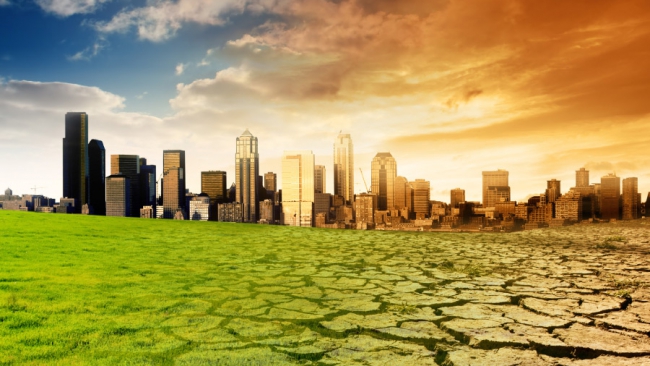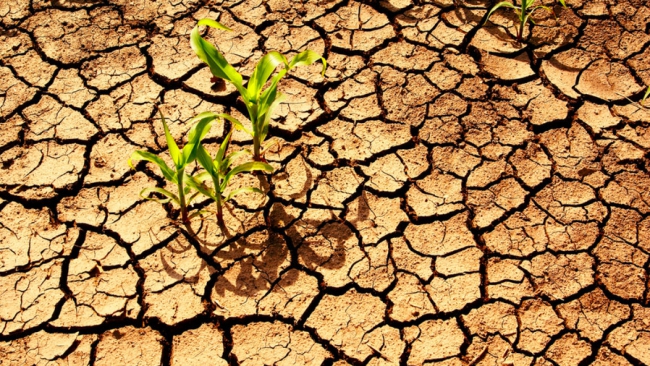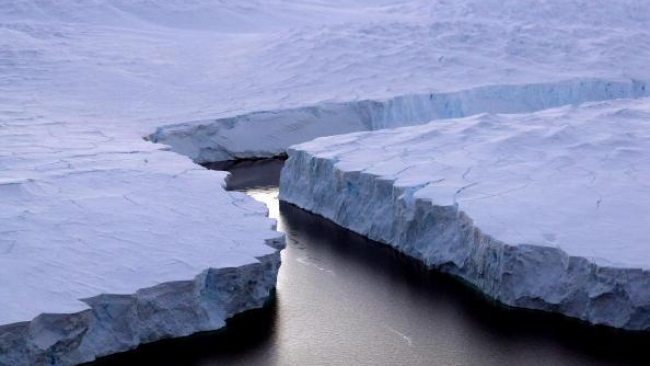Failure to plan for climate change, the consequences

Many developing countries are often confronted with dire climatic situations that they could sometimes have avoided due to poor planning or failure to do so.
Failure to factor the aspect of climate change into their long-term developmental planning normally leaves countries, especially developing ones, more vulnerable to droughts, floods, famine and power shortages, among others. Developing countries are often hit hard as if they don’t have resources to plan or as if they plan to fail or both.
It is quite a pity that developing countries always appear as if they are investing into failure by not taking seriously the aspect of climate change into their long-term investment initiatives which would make them more resilient and rather climate-proof. Many developing countries always hide behind the natural phenomena when the effects of climate change are upon them.
In most cases, these countries always draw comfort from the fact that they are not the only ones being ravaged by climate-induced drought or El Niño. We often hear utterances like, “Zimbabwe is suffering from the drought which the whole of Southern Africa is experiencing due to the effects of climate change and El Niño.†Yes, it’s true that the whole of Southern Africa is experiencing drought but some countries are being hit hard more than the others due to poor planning. Right now, Zimbabwe is importing grain from Zambia and South Africa, countries which are in the same region with us.
These countries are also suffering from the effects of climate change and El Niño, but they did not invest into failure since they have enough food stocks to feed their people. We must at the same time look back and reflect on where we need to smarten up in terms of our failure to plan accordingly, so that we avoid living at the mercy of other countries.
Climate planning and climate-related decision-making are becoming more paramount nationally and internationally. We need to move away from decision making processes that cripple our desire to achieve climate-friendly goals. Policy planners can always ignore the possible effects of poor planning at their own peril but will not stop the world from seeing their glaring shortcomings.
Source: NewsDay
Mon 1 Feb 2016 at 11:31




